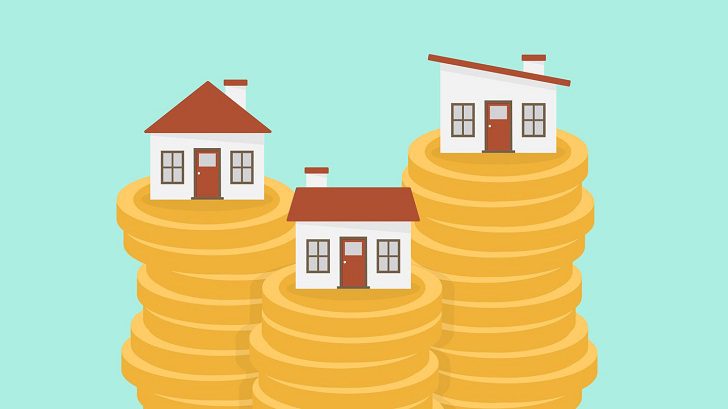Equity in a property is the difference between the home’s appraised worth and the amount still owed on the mortgage. The bigger your home equity, the easier it is to qualify for additional borrowings, such as home equity loans and lines of credit. Fortunately, calculating home equity is simple, and you may make efforts to improve your equity.
The amount of credit available to you as a borrower through a home equity loan is contingent upon your equity. Suppose you owe $150,000 on your mortgage, and your property is worth $250,000, you can deduct the remaining mortgage balance from the house’s valuation to arrive at $100,000 in home equity.
Estimate the value of your home

iStock/ Better | If you want to change the world, go home and love your family
Although mortgage lenders normally need an estimate of value from a professional appraiser or public assessor, your county assessor can supply you with an approximation. They will have a number on file for reasons of property taxation.
Additional online pricing engines, such as Zillow and Redfin, employ an algorithm to calculate a property’s market value: A price estimate for your house based on the current market circumstances in your region.
Determine your current loan balance
Determine the remaining balance on your mortgage. This information can be found on your most current mortgage statement. If your lender makes this information available online, you may obtain your mortgage payback amount by logging onto your mortgage dashboard. Alternatively, you may call your lender directly to determine how much you owe on your mortgage.
Calculate your home equity

Sarah Tew/ CNET | Travel is not really about leaving our homes, but leaving our safe zone
Calculate home equity by subtracting the mortgage debt from the appraised value of your home.
Use this equation:
Current home value – mortgage balance = Your home equity
Pros and cons of using a home equity
As opposed to taking out a personal loan or accumulating credit card debt, there are numerous key advantages to borrowing against your house. You may leverage the rising value of your property, acquire a relatively low-interest rate, and use cheaper financing to finance home improvements or expensive purchases. Additionally, interest payments on a home equity loan or home equity line of credit are tax deductible.
The requirement to use your residence as collateral might be a dangerous wager. If your home’s value declines, you may be unable to borrow as much against it. In addition, some home equity loans have extended periods, which may result in higher interest payments over time.
How to increase your equity

iStock/ Better | Even in the days of the tightest credit in 2008, HELOCs [ home equity line of credit ] and home equity loans were being made
Consider paying more than the minimum monthly mortgage to decrease your LTV ratio (and raise your equity) more rapidly. This allows you to reduce your loan debt. Verify that your loan does not contain prepayment penalties.
Additionally, you may safeguard the value of your house by maintaining it effectively. Home upgrades may also boost your home’s worth and, consequently, your equity. Consult an appraiser or real estate specialist for a more accurate assessment of how modifications may affect the value of your house before making any investments.










